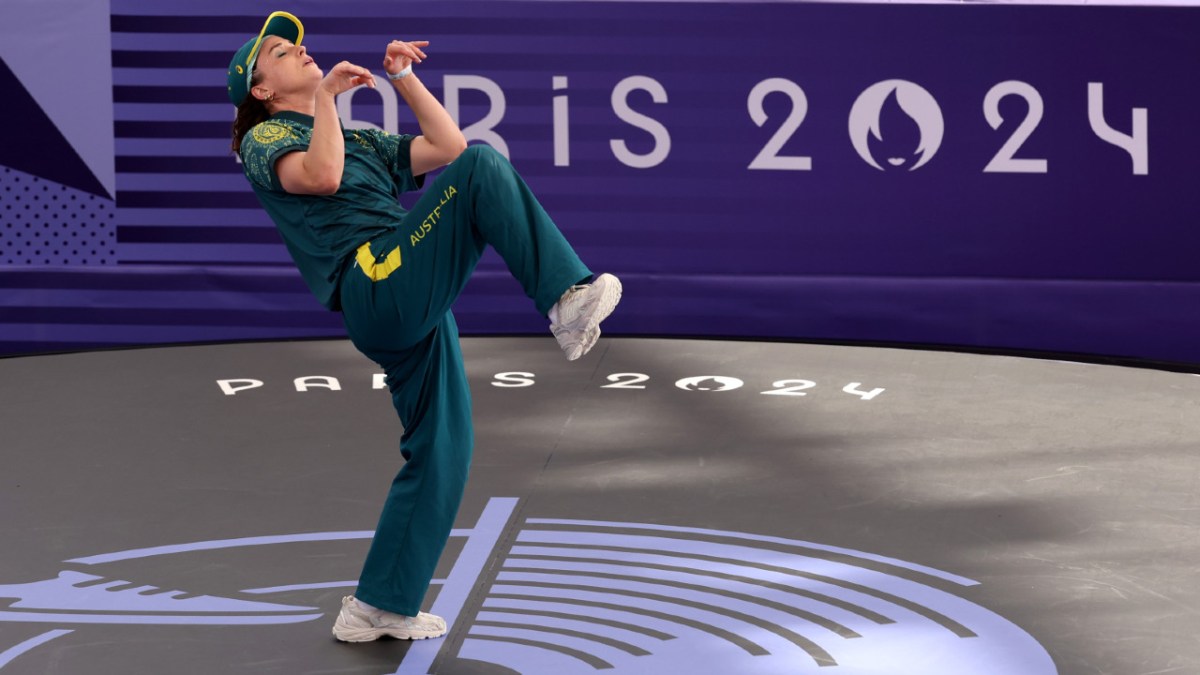npr.org
Is planting trees 'DEI'? Trump administration cuts nationwide tree-planting effort
By Eva Tesfaye
10–13 minutes
Volunteers Olly De Almeida (left), Jordan Bordenave (right) and Rosemary White (far right) plant a tree in front of Tribble Condor's (center) house in New Orleans' Lower 9th Ward. The project was funded by a federal grant terminated in February.
Arbor Day Foundation hide caption
toggle caption
Arbor Day Foundation
The Trump administration's efforts to end federal diversity, equity and inclusion programs has hit an unexpected target: In February, communities around the country learned that funding was canceled for a nationwide tree-planting program aimed at making neighborhoods cooler, healthier and more resilient to climate change.
The urban forestry initiative, administered by the nonprofit Arbor Day Foundation, was supposed to distribute $75 million in grant funding to about 100 different cities, nonprofit organizations and tribes to plant shade trees in neighborhoods that need them the most. The program was funded by the 2022 Inflation Reduction Act, which included
big investments in climate initiatives.
In a letter terminating the contract, the U.S. Forest Service stated the program "no longer aligns with agency priorities regarding diversity, equity and inclusion." The U.S. Department of Agriculture, which houses the Forest Service, said in an emailed statement that the agency was complying with President Trump's executive orders.
The Arbor Day Foundation was surprised by the sudden cancelation, said Executive Director Dan Lambe.
"This was hugely disappointing," Lambe said. "It was an exciting opportunity for us to work with organizations and communities all across the country to plant trees in communities, to create jobs, to create economic benefits, to create conservation benefits, to help create cooler, safer, and healthier communities."
Rebuilding the canopy lost to Katrina
Driving around the Lower 9th Ward in New Orleans, Arthur Johnson pointed out the abundance of concrete and vacant lots. The whole city gets hot in the summer, he said, but in this neighborhood, there's hardly any tree shade to provide relief.
"Last summer was bad, worse than normal, but the summer before that was extremely bad, where we had no rain and extreme heat, " said Johnson, CEO of the
Lower 9th Ward Center for Sustainable Engagement and Development. "Without trees to filter some of that heat, it's just unbearable."
Trees are proven to
reduce heat in cities, take up stormwater when it rains and improve air quality – all important needs in New Orleans as climate change
intensifies storms and
raises temperatures.
Volunteers planted trees in January in the Lower 9th Ward of New Orleans. Trees can help protect neighborhoods from extreme heat and air pollution.
Arbor Day Foundation hide caption
toggle caption
Arbor Day Foundation
The city still hasn't recovered the
estimated 200,000 trees lost to Hurricane Katrina 20 years ago. That lack of canopy is visible in the Lower 9th Ward, a majority Black neighborhood and one of the areas hit hardest by Hurricane Katrina.
Johnson's organization was helping plant some 1,600 trees in the neighborhood when the funding was suddenly canceled. The project was managed by the New Orleans nonprofit
Sustaining Our Urban Landscape, or SOUL, which had been awarded a $1 million grant from the Forest Service.
SOUL's executive director, Susannah Burley, said she found it absurd to cancel the funding as an equity program.
"That has nothing to do with this grant funding. The word 'equity' is pervasive in the grants that were funded by this, but in a totally different context," Burley said, adding that in this context, equity meant planting trees in neighborhoods without them.
"Funding would have allowed us to finish planting the Lower 9th Ward, which is a really big deal," Burley said. "That'll be the third neighborhood that we've planted every street."
That would have made significant progress towards a citywide goal to reach 10% tree canopy coverage in every neighborhood, as part of an effort to combat
the urban heat island effect, reduce flooding, take up carbon and slow down subsidence.
As CEO of the Lower 9th Ward Center for Sustainable Engagement and Development, Arthur Johnson is trying to get the community to see the value in tree planting.
Arthur Johnson hide caption
toggle caption
Arthur Johnson
For Johnson, the sudden reversal has been frustrating. It undermines the trust his organization has built over years in a community that has historically been left behind, he said.
"You try to get people to have some confidence into what's going on in the environment and what's going on in the community and government," Johnson said.
Anti-DEI push hits environmental justice programs
On his first day in office, President Trump signed an
executive order aimed at ending federal programs and grants related to diversity, equity and inclusion, which it called discriminatory and wasteful.
The order required agencies to provide a list of all DEI programs, including programs related to environmental justice. And it ordered agencies to terminate "'equity' actions, initiatives, or programs" and "'equity-related' grants or contracts."
The $75 million tree-planting program was part of the Biden administration's
Justice40 initiative, which aimed to direct more resources to "disadvantaged communities." The administration defined those as areas that were generally lower-income and faced more pollution, based on factors such as health, housing, transportation and workforce development.
Susannah Burley, executive director of the New Orleans nonprofit Saving Our Urban Landscape, spoke to volunteers helping plant trees in the Lower 9th Ward on January 20, 2025. Soon after that, the U.S. Forest Service canceled funding for the program.
Arbor Day Foundation hide caption

 You mind sharing?
You mind sharing?





